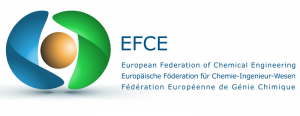
The answers received pertained, for a small part, to standardization. While recognizing that CAPE-OPEN is a useful tool and standard, the standard is felt as incomplete, not so widely implemented and lacking derivative properties.
CO-LaN, as the body maintaining and developing the CAPE-OPEN standard, has no direct means to impose the CAPE-OPEN interface standard to be implemented in a given process simulation software. The CAPE-OPEN standard is implemented by those software developers believing that it will bring a value to their software to be made CAPE-OPEN compliant.
So a certain lack of implementation comes first from the software vendors and the fact that their end-users do not ask for CAPE-OPEN.
Regarding derivative properties, they are defined in the interface specification. Still there is no requirement upon a minimum set of properties to be implemented by a CAPE-OPEN Thermodynamic server. So some software vendors may choose to forget about derivative properties. On the other hand, you may find also PMEs and Unit Operations that do not make use of derivative propoerties provided through CAPE-OPEN interfaces. They may do so because not all CAPE-OPEN thermodynamic servers implement derivative properties.
CO-LaN considers the CAPE-OPEN standard to be incomplete in Thermodynamics regarding Reactions and a re-design of the Chemical Reaction Package interface specification is being carried by the Thermo SIG. This SIG has also identified a small number of features that would need adjustments in Thermo 1.1. However the usefulness of Thermo 1.1 seems to have been demonstrated, if not the business impact it represents;
